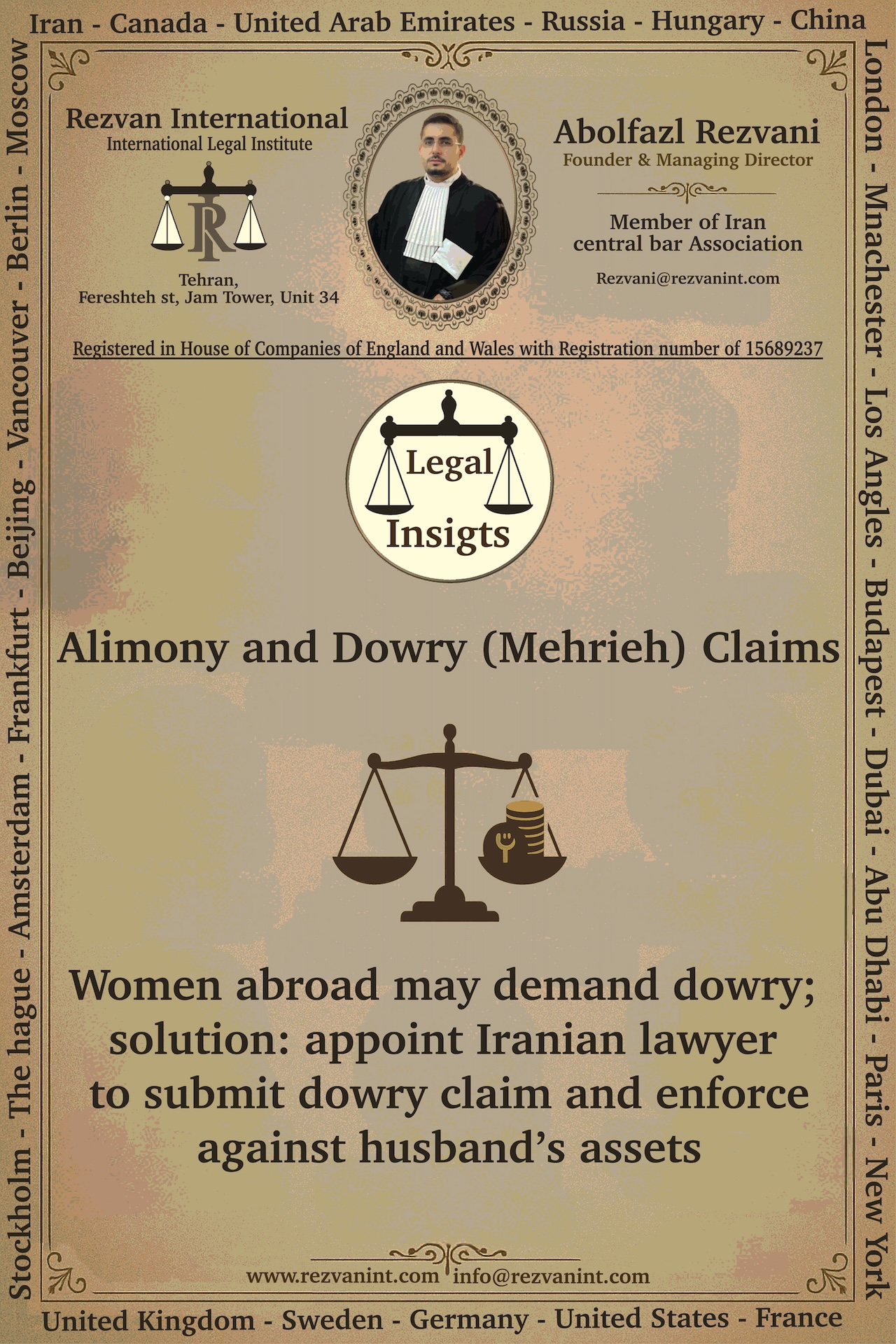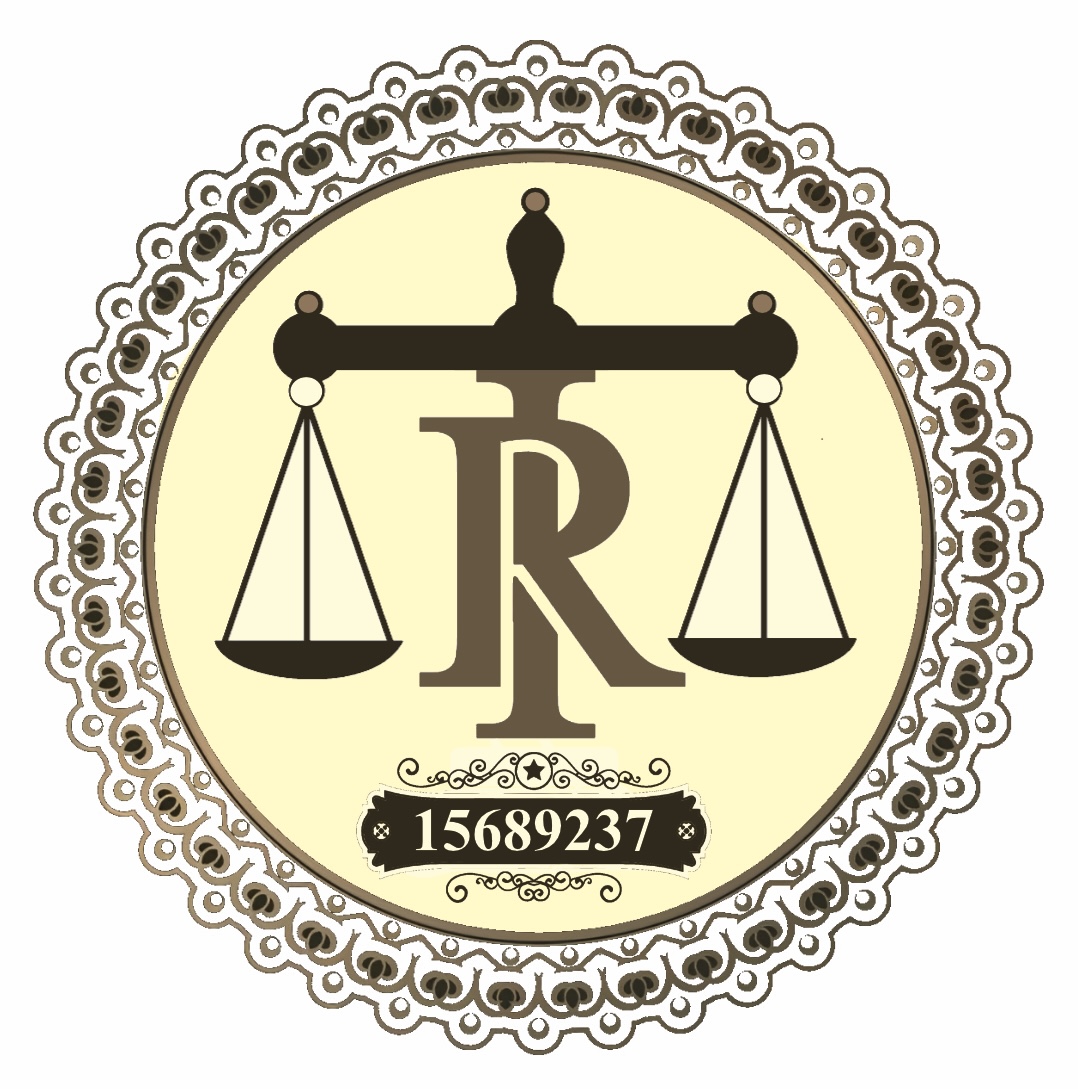Introduction
Alimony and Dowry (Mahrieh) Claims for Iranians Abroad
Alimony (Nafaqeh "نفقه") and dowry (Mahrieh "مهریه") are two of the most frequent financial issues in family law disputes involving Iranian couples. Many Iranian women living abroad may assume that distance prevents them from pursuing such claims in Iran. However, under Iranian law, these rights remain enforceable, and claims must be filed in Iranian family courts.
For women abroad, the most practical approach is to appoint a trusted attorney (Vakil "وکیل") in Iran through a notarized power of attorney, validated by the Iranian consulate. The attorney can then bring the claim before the court, obtain a judgment, and enforce it against the husband’s assets.

Legal Basis of Mahrieh and Nafaqeh
The Iranian Civil Code (Qanun-e Madani "قانون مدنی") explicitly recognizes:
-
Mahrieh "مهریه" (Dowry): A mandatory obligation created at the time of marriage. It is a debt on the husband’s shoulders until paid in full.
-
Nafaqeh "نفقه" (Alimony): The ongoing obligation of the husband to provide for his wife’s living expenses (food, clothing, housing, healthcare, etc.) as long as she is legally his wife and not considered “nashizeh” (refusing marital duties).
Both rights are enforceable in Iranian family courts, even if the marriage took place abroad or the couple resides outside Iran.
Role of Iranian Courts
Only Iranian family courts (Dadgah-e Khanevadeh "دادگاه خانواده") can issue binding judgments to enforce dowry and alimony claims. Consulates cannot adjudicate these matters. Their role is limited to legalizing powers of attorney and authenticating documents.
Once the claim is filed, the court may order:
-
Payment of Mahrieh in full or in installments.
-
Enforcement measures such as seizing bank accounts, freezing property, or preventing sale of assets.
-
Payment of Nafaqeh if proven unpaid.
Key Steps in an Inheritance Case
1. Preparing a Power of Attorney (Vekalat-Nameh "وکالتنامه")
The woman must prepare and notarize a power of attorney at the Iranian consulate abroad, authorizing her lawyer in Iran to pursue the claim.
2. Filing the Petition (Dadkhast "دادخواست")
The lawyer files a petition with the family court, attaching the marriage certificate (Aghd-Nameh "عقدنامه") as proof of the husband’s obligations.
3. Court Proceedings
The court reviews evidence, hears the husband’s defense, and issues a ruling. If the husband refuses payment, the court can order enforcement.
4. Enforcement of Judgment (Ejra-ye Ahkam "اجرای احکام")
The court may seize assets, place liens on property, or even impose travel bans until the debt is paid. In some cases, imprisonment for non-payment of Mahrieh is possible under Iranian law.
It is important to know;
Challenges for Iranians Abroad
-
Non-cooperation of Husband: Husbands may try to conceal assets in Iran to avoid enforcement.
-
Complex Documentation: Marriage certificates issued abroad must be registered or validated in Iran.
-
Distance and Communication: Women abroad often rely entirely on their attorney’s updates.
-
Delays in Enforcement: Asset searches and enforcement can take months or even years.
Practical Solutions
-
-
-
Choose a Reliable Lawyer: A skilled attorney can quickly file the claim and pursue enforcement measures.
-
Authenticate Documents Early: Ensure the marriage certificate and power of attorney are translated, notarized, and legalized to prevent delays.
-
Combine Claims: File both alimony and dowry claims together when possible to save time.
-
Negotiate Settlements: In some cases, partial payment agreements are reached more efficiently than full litigation.
-
-
And finally;
Conclusion
For Iranian women abroad, the right to claim Mahrieh (مهریه) and Nafaqeh (نفقه) remains fully valid under Iranian law. These claims must be pursued in Iranian family courts, not consulates.
By granting a power of attorney to a lawyer in Iran, women can initiate legal proceedings, obtain judgments, and enforce their rights against the husband’s assets. Although the process may be complex and time-consuming, it is often the only effective way to secure financial rights guaranteed by law.
Ultimately, dowry and alimony claims remain a powerful legal tool for protecting women’s financial security within the Iranian legal system—even when they live abroad.
Service Offerings
© 2024 All Rights Reserved by rezvanInt




